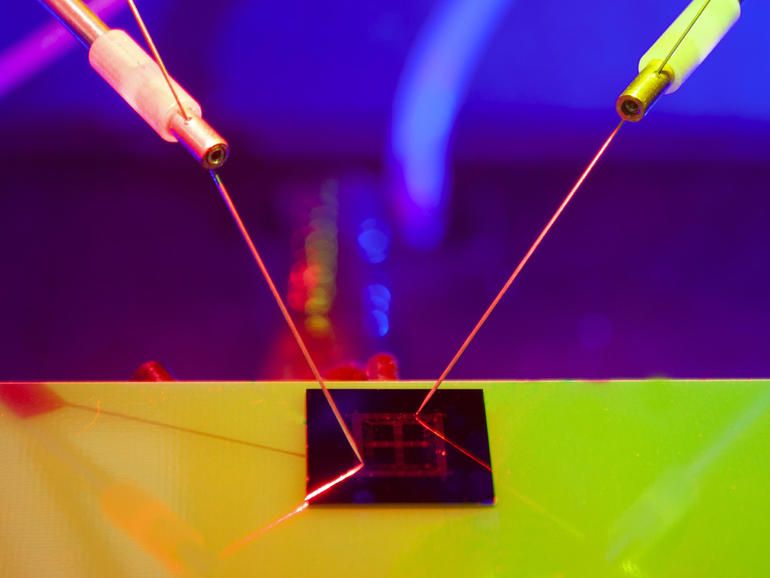Credits: Aerones
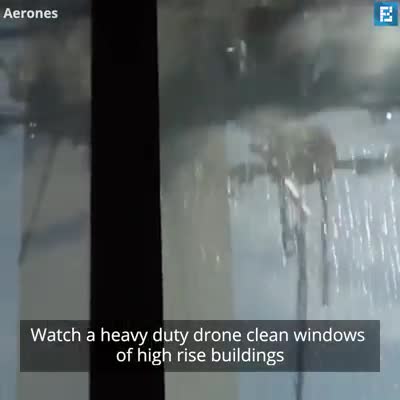

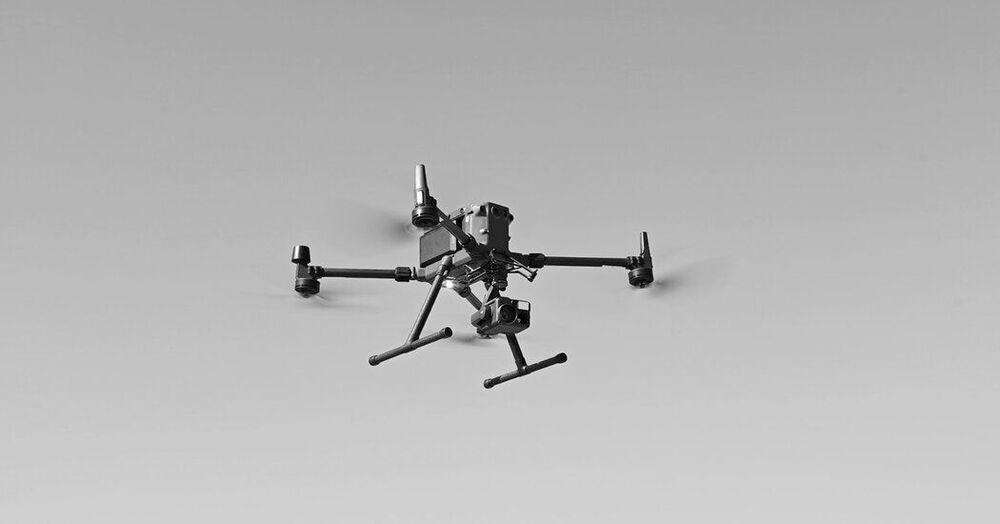
We all have images in our mind of rocket launches from Cape Canaveral Air Force Station hurtling astronauts into space and satellites into orbit.
But those launches may be a thing of the past as a new generation of drones that can do the same job cheaper, safer and better steps into play.
Alabama-Based Aevum unveiled its Ravn X Autonomous Launch Vehicle Wednesday that it says is the world’s largest unmanned aircraft system.
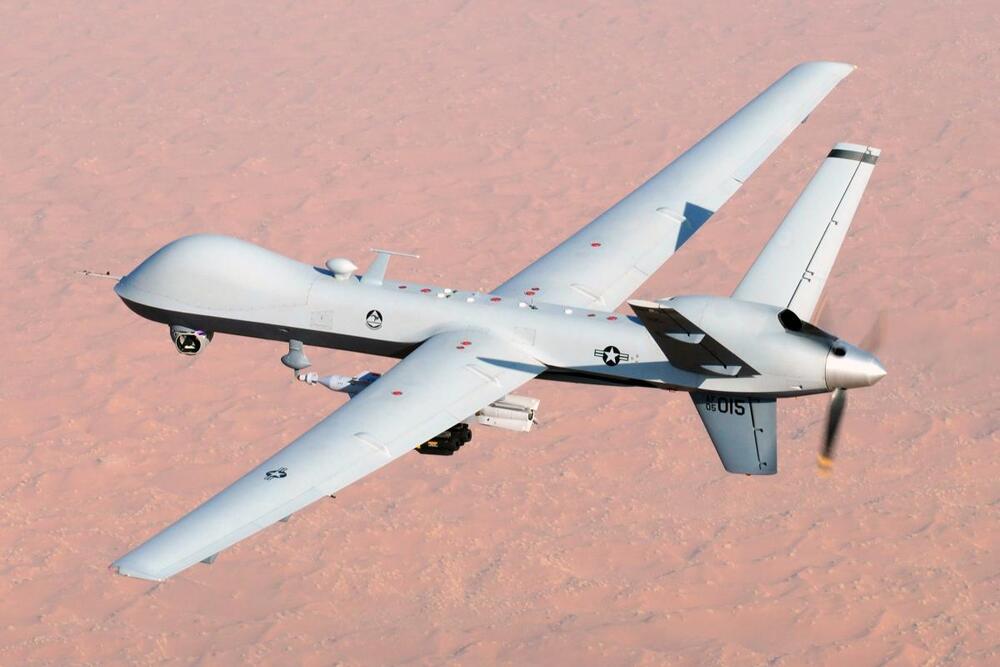
Stanford University engineers have developed an airborne method for imaging underwater objects by combining light and sound to break through the seemingly impassable barrier at the interface of air and water.
The researchers envision their hybrid optical-acoustic system one day being used to conduct drone-based biological marine surveys from the air, carry out large-scale aerial searches of sunken ships and planes, and map the ocean depths with a similar speed and level of detail as Earth’s landscapes. Their “Photoacoustic Airborne Sonar System” is detailed in a recent study published in the journal IEEE Access.
“Airborne and spaceborne radar and laser-based, or LIDAR, systems have been able to map Earth’s landscapes for decades. Radar signals are even able to penetrate cloud coverage and canopy coverage. However, seawater is much too absorptive for imaging into the water,” said study leader Amin Arbabian, an associate professor of electrical engineering in Stanford’s School of Engineering. “Our goal is to develop a more robust system which can image even through murky water.”
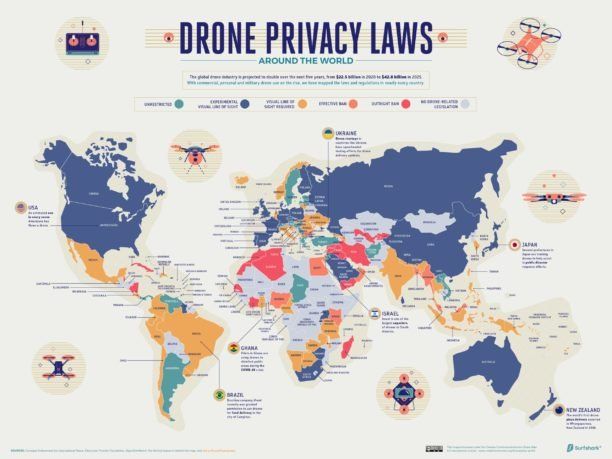
Drone privacy laws vary all around the world — and what might get you a great shot in one country could get you jail time in another.
Surfshark, a digital security firm, introduces Mapped: The state of drone privacy laws in (nearly) every country.
Drone privacy is serious business – and what gets you a great image in one country could get you a jail term in another. Finding these laws, however, is hit or miss – so this new research from Surfshark is a great place to start for world travelers.
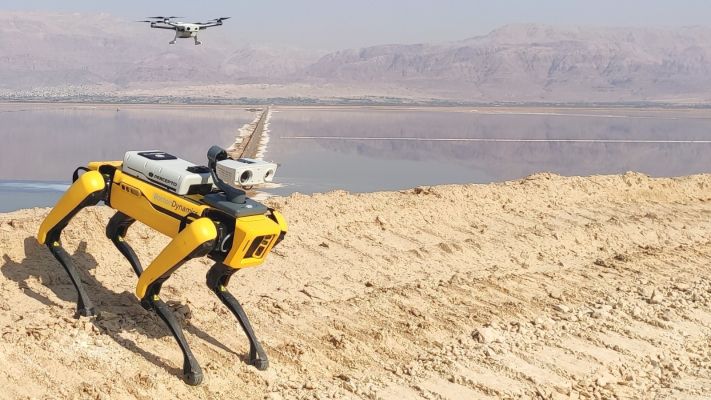
Consumer drones have over the years struggled with an image of being no more than expensive and delicate toys. But applications in industrial, military and enterprise scenarios have shown that there is indeed a market for unmanned aerial vehicles, and today, a startup that makes drones for some of those latter purposes is announcing a large round of funding and a partnership that provides a picture of how the drone industry will look in years to come.
Percepto, which makes drones — both the hardware and software — to monitor and analyze industrial sites and other physical work areas largely unattended by people, has raised $45 million in a Series B round of funding.
Alongside this, it is now working with Boston Dynamics and has integrated its Spot robots with Percepto’s Sparrow drones, with the aim being better infrastructure assessments, and potentially more as Spot’s agility improves.
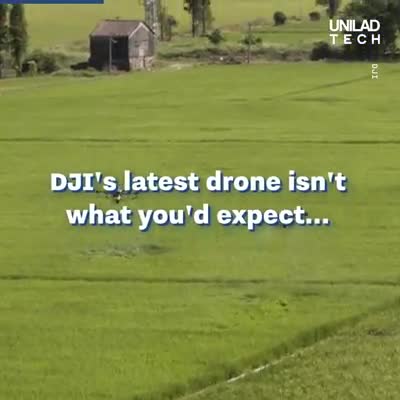
Using drones for agriculture! Technology used to benefit one of the oldest industries. 😃
Designed for use in agriculture, the new DJI T20 is bringing the latest tech to one of the world’s oldest industries 👏 😎.

Florida’s Undefined Technologies claims it has managed to increase the thrust levels of ion propulsion systems to “unprecedented levels” with its “Air Tantrum” technology, enabling near-silent drones with no moving parts, that look like flying pallets.
All aircraft propulsion systems provide thrust by moving air or another propellant, and for the vast majority of drones that means some kind of fan or propeller spinning angled blades to push air through and create thrust in the opposite direction. Ionic propulsion, on the other hand, is entirely electromagnetic.
The process uses a high-voltage electric field to ionize the nitrogen and oxygen molecules in the air, liberating electrons to create, primarily, a lot of positively-charged nitrogen molecules. These are drawn toward a negatively-charged electrode, usually in the form of a flat screen grid, and as they accelerate, they bang into other air molecules and bump them in the same direction to create an ionic wind.
